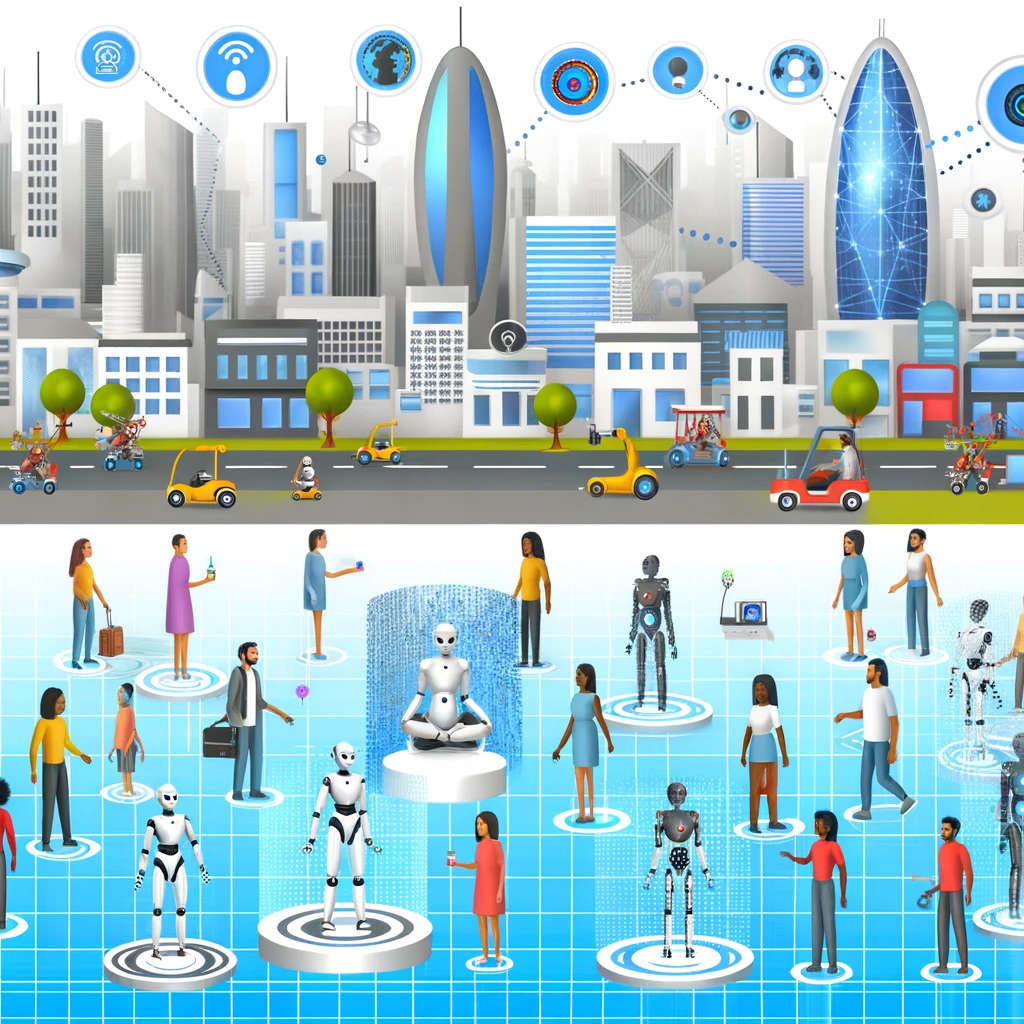
Introduction to Artificial Intelligence
Artificial Intelligence (AI) has rapidly transformed from a futuristic concept to an integral part of our daily lives. As we stand on the brink of a new era, understanding AI's potential, especially in the realm of machine learning, is crucial. This article delves into what the future holds for machine learning with AI, highlighting key advancements, challenges, and the impact on various sectors.
Understanding Machine Learning
Machine learning, a subset of AI, involves the use of algorithms and statistical models to enable computers to improve tasks through experience. Unlike traditional programming, which relies on predefined rules, machine learning empowers systems to learn from data, adapt, and make decisions with minimal human intervention.
Key Components of Machine Learning
- Data: The foundation of machine learning. Quality and quantity of data significantly influence the performance of learning models.
- Algorithms: Mathematical instructions that process data and learn patterns to make predictions.
- Models: The output of machine learning algorithms, which can interpret new data and make decisions.
The Future of Machine Learning
The future of machine learning is poised for remarkable advancements, driven by technological innovations and an ever-growing data landscape. Here are some anticipated trends and developments:
1. Enhanced Automation
Automation will reach unprecedented levels, with machine learning systems autonomously performing complex tasks across industries. This shift will redefine workforce dynamics, emphasizing the need for human oversight and ethical considerations.
2. Improved Natural Language Processing
Natural Language Processing (NLP) advancements will enable more intuitive human-computer interactions. From enhancing customer service to creating more sophisticated virtual assistants, NLP will bridge communication gaps between humans and machines.
3. Personalized Experiences
Machine learning will drive hyper-personalization, tailoring experiences based on individual preferences and behavior. This will be evident in sectors like healthcare, where personalized treatment plans will improve patient outcomes.
Challenges Ahead
Despite its potential, the journey of advancing machine learning is fraught with challenges:
Data Privacy and Security
As machine learning systems increasingly rely on vast amounts of data, ensuring data privacy and security becomes paramount. Organizations must balance innovation with stringent data protection measures to maintain user trust.
Bias and Fairness
Algorithmic bias poses significant ethical concerns. Ensuring fairness in machine learning models is essential to prevent discrimination and promote equitable outcomes across diverse populations.
Impact on Industries
The transformative power of machine learning will be felt across various sectors:
Healthcare
From predictive diagnostics to personalized medicine, machine learning will revolutionize healthcare, improving both the efficiency and quality of patient care.
Finance
In finance, machine learning will enhance fraud detection, streamline risk management, and optimize investment strategies, delivering unprecedented accuracy and efficiency.
Manufacturing
Machine learning will drive smart manufacturing, optimizing production processes, reducing waste, and enhancing supply chain management.
Conclusion
The future of machine learning with artificial intelligence promises a world of possibilities, transforming industries and enhancing human capabilities. As we navigate this exciting frontier, it is crucial to address challenges and harness the technology's potential responsibly, ensuring a future where AI contributes positively to society.
Related Articles





